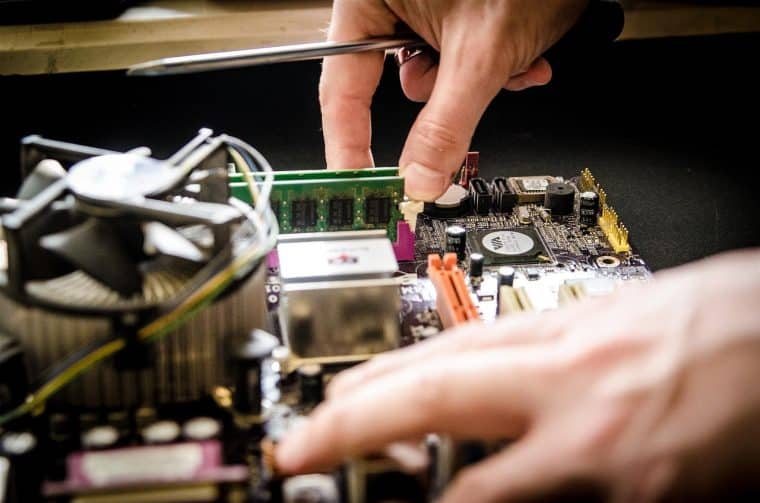
Minnesota has become the latest state to pass right-to-repair legislation, a move that is being hailed as a rare win for consumers.
On Wednesday, Minnesota Governor Tim Walz signed the bill into law, requiring electronics manufacturers to sell parts and tools to independent repair shops and consumers so that they can mend their own devices, according to an official press release.
The law will come into effect on July 1, 2024, and covers products sold on or after since early July 2021.
The state’s version of the law is described as the biggest win for the right-to-repair movement to date.
Right to Repair passes in Minnesota today via the MN Digital Fair Repair Act. A huge step forward for the circular economy, repair, and reuse. We were onsite at the Capitol today to celebrate with & thank legislators. pic.twitter.com/aLcOA7mDqQ
— Alta Technologies (@AltaTechInc) May 24, 2023
However, some notable categories are excluded from the legislation, including farm equipment, game consoles, medical devices, and motor vehicles.
Minnesota’s Right-to-Repair Law Deemed a Major Victory for Consumers
Despite the exclusions, Minnesota’s law is seen as a significant victory for consumers.
“This is the biggest Right to Repair win to date. Minnesotans know that when things break, you fix them. And when manufacturers refuse to let us access what we need for the repair, you fix the law to make them cooperate,” Nathan Proctor, who leads the right-to-repair initiative at public interest group PIRG, said.
Manufacturers are now required to offer Minnesota residents the equipment needed to repair their products within 60 days of the sale and on fair and reasonable terms.
Moreover, attorney generals have the power to investigate complaints of violations and seek redress for consumers.
Kyle Wiens, CEO of repair site iFixit, said: “The repair revolution hit Minnesota today! Now independent repair shops can compete, and everyone who wants can fix things themselves.”
Right-to-Repair Movement Finds Momentum
There has been a growing movement across the US, and globally, for right-to-repair legislation.
Last year, New York Governor Kathy Hochul signed the Digital Fair Repair Act, making New York the first US state to protect consumers’ right to repair their own tech.
New: Gov. Hochul has signed the “right to repair” law — with the Legislature agreeing to a number of changes, as outlined in her approval message. pic.twitter.com/GUBExlj5BD
— Jon Campbell (@JonCampbellNY) December 29, 2022
While New York’s proposed rules, which will come into effect in July this year, are considered more comprehensive than Minnesota’s, they do not cover home appliances and commercial and educational computing systems.
Furthermore, New York’s law has been criticized for removing the requirement that manufacturers sell individual parts and allowing repair technicians to bypass software locks.
Nevertheless, the latest victory for right-to-repair is likely to increase pressure on other states and jurisdictions to take similar action.
Meanwhile, lobbying groups representing tech giants including Google and large trade associations representing Apple and Microsoft continue to hit back, arguing that such legislation could make devices less secure.
In fact, a report by Arstechnica revealed earlier this year that part of the wording of NY’s law, which was inserted at the last minute, was written by a lobbyist group backed by Apple and other tech giants. It said:
“Documents surrounding the drafting and debate over the bill show that many of the changes signed by Hochul were the same as those proposed by TechNet, which represents Apple, Google, Samsung, and other technology companies.”
Critics are doubtful of the merit of Big Tech’s argument and wonder if it is at all genuine. They also often lambast Apple especially for its various alleged anti-consumer moves such as making its products difficult (and sometimes impossible) to repair.
Read More:
What's the Best Crypto to Buy Now?
- B2C Listed the Top Rated Cryptocurrencies for 2023
- Get Early Access to Presales & Private Sales
- KYC Verified & Audited, Public Teams
- Most Voted for Tokens on CoinSniper
- Upcoming Listings on Exchanges, NFT Drops